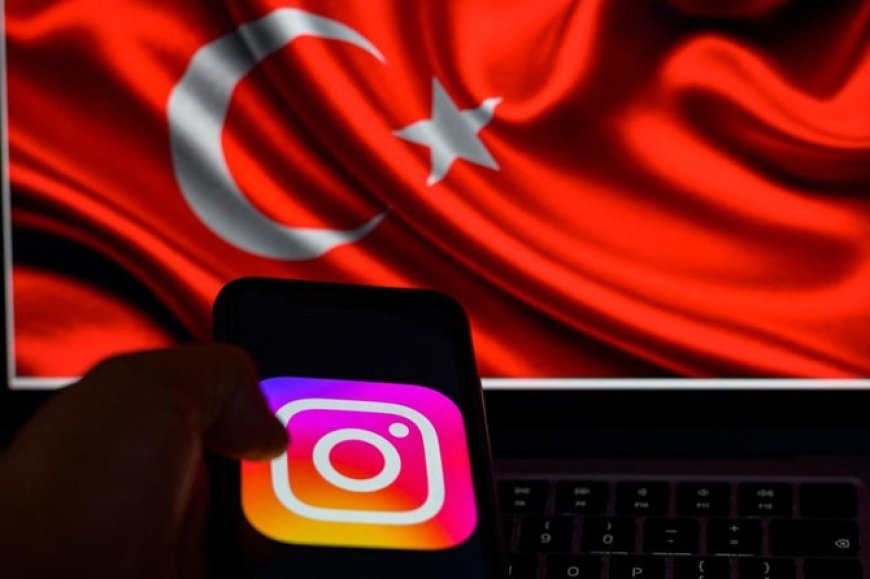Turkiye's government summoned Instagram officials to a meeting on Monday, four days after blocking the social media platform for unspecified reasons. The freeze has significantly impacted businesses relying on the platform for commerce and communication.
Transport and Infrastructure Minister Abdulkadir Uraloglu announced the meeting, set for 1:00 p.m. (1000 GMT), stating, "We will meet them this afternoon. We hope they will do what’s necessary to respond to our demands. We’re hoping for positive developments." The minister cited "content-related offenses" as the reason for the blockage but did not provide specific details.
Authorities have accused Instagram, owned by Facebook parent Meta, of both censorship and failing to remove posts deemed offensive. Last week, a preliminary meeting with platform representatives outlined the government's expectations for compliance with Turkish laws.
Economic Impact
The suspension has disrupted businesses across Turkiye, particularly affecting telecom operators and vendors who rely heavily on Instagram for sales and marketing. An estimated 50-60 million of Turkiye's 85 million inhabitants are active on Instagram, underscoring the platform's significant role in the country's commercial ecosystem.
Historical Context
This is not the first instance of social media restrictions in Turkiye. The government has previously blocked access to platforms such as Facebook, X (formerly Twitter), and Wikipedia, often sparking debates over freedom of expression. President Recep Tayyip Erdogan’s administration is frequently accused of curtailing free speech and imposing strict controls on digital content.
Broader Implications
The freeze on Instagram highlights the ongoing tension between global tech companies and national governments over content regulation and compliance with local laws. The outcome of Monday's meeting could set a precedent for future interactions between Turkiye and other social media platforms.
As businesses await the resolution of this issue, the focus remains on whether Instagram will meet the Turkish government's demands and restore access to millions of users. The situation underscores the delicate balance between regulatory enforcement and maintaining open digital channels in a rapidly evolving technological landscape.














































